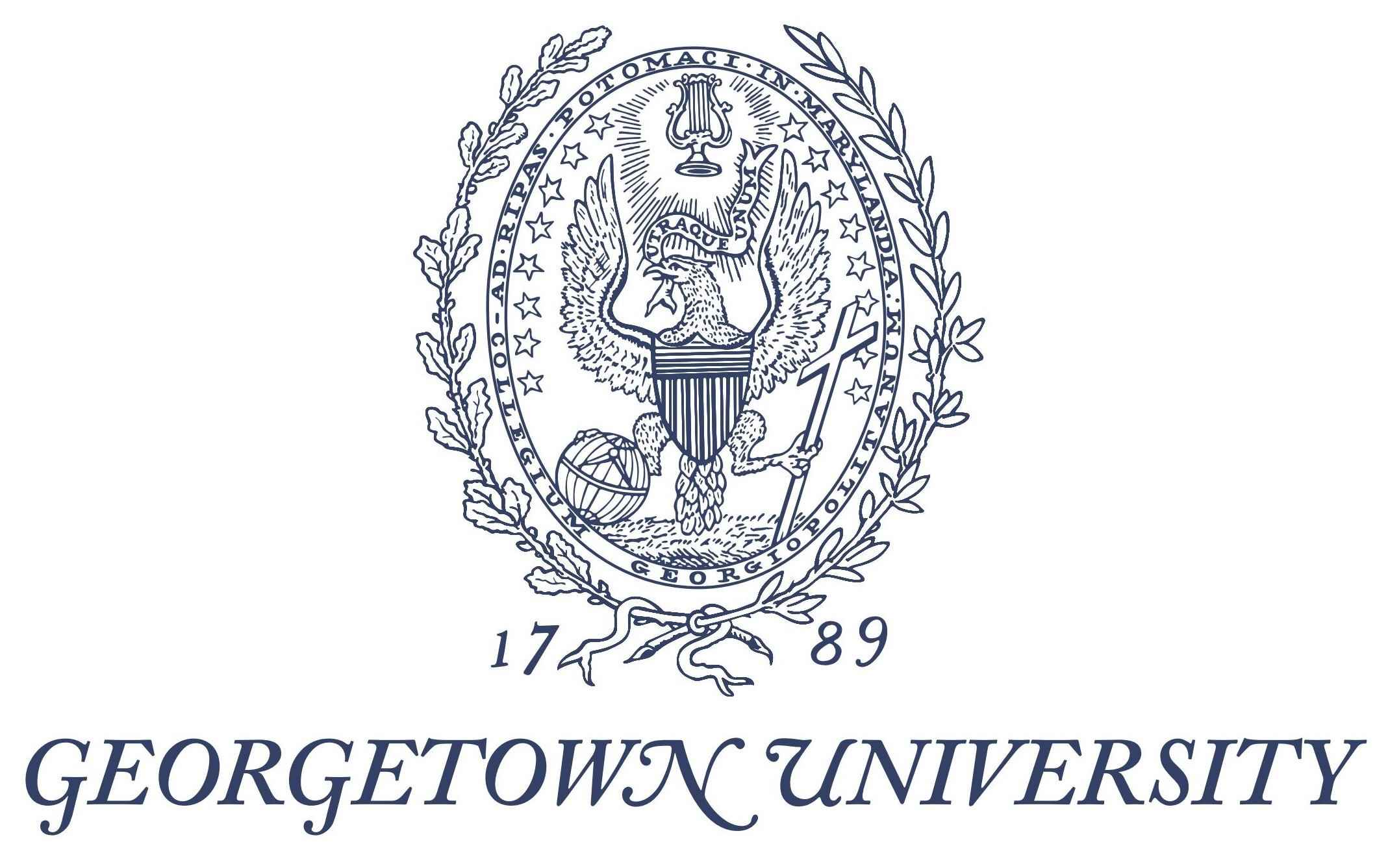
Strokes often cause a loss of communication ability, referred to as aphasia, as well as cognitive difficulties. Each stroke survivor has a unique pattern of strengths and weaknesses in communication and cognition, and a unique course of recovery. The BUILD study aims to understand the brain basis of these individual differences in stroke outcome. Participants with stroke as well as controls matched in age, educational background, race, and sex are examined using a combination of standardized and in-house tests of language and cognition to provide a detailed profile of strengths and weaknesses and analyze how patterns in uninjured parts of the brain explain resilience and recovery from the stroke.
Participants are survivors of left hemisphere stroke with or without aphasia, or people with aphasia due to strokes in other parts of the brain. Each participant will have 5-6 sessions, including an MRI scan, to measure details of the structure, function, and connections in the brain. Participants will receive $50/session, parking, and a choice to complete sessions at Georgetown Medical Center or National Rehabilitation Hospital. Once testing is complete, participants may choose to have a follow-up meeting with Dr. Peter Turkeltaub, MD, PhD and our Research Speech-Language Pathologist to discuss test performance and recommendations.
Factors to note for eligibility include:
- Age >= 18 years
- Stroke in left hemisphere of the brain with or without aphasia, or stroke elsewhere causing aphasia
- Learned English at 8 years or younger
- MRI Safety
- No history of other brain conditions or learning disability that could impact interpretation of results (MS, premorbid dementia, etc.)
- No history of severe psychiatric conditions that would interfere with participation in the study
A listing in our database should not be viewed as an endorsement for any particular service, program, technology, or group. Read the full disclaimer.
